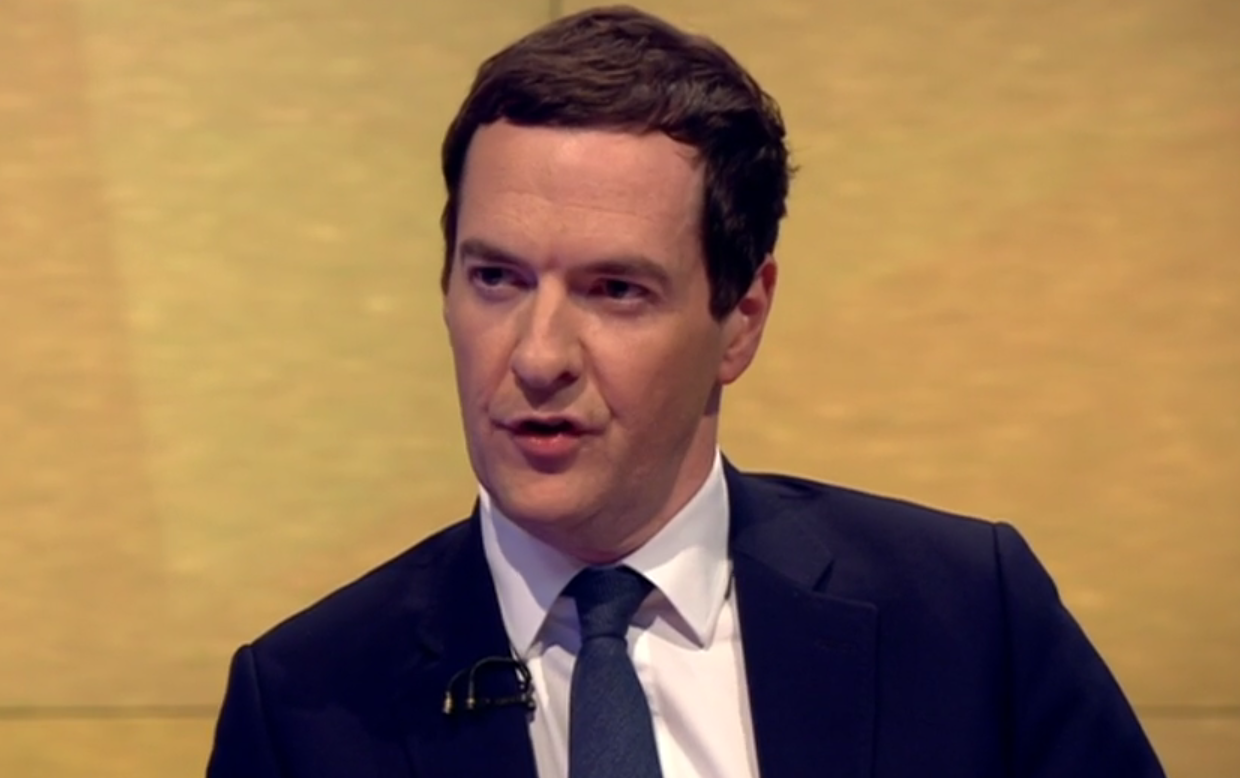Your support helps us to tell the story
From reproductive rights to climate change to Big Tech, The Independent is on the ground when the story is developing. Whether it's investigating the financials of Elon Musk's pro-Trump PAC or producing our latest documentary, 'The A Word', which shines a light on the American women fighting for reproductive rights, we know how important it is to parse out the facts from the messaging.
At such a critical moment in US history, we need reporters on the ground. Your donation allows us to keep sending journalists to speak to both sides of the story.
The Independent is trusted by Americans across the entire political spectrum. And unlike many other quality news outlets, we choose not to lock Americans out of our reporting and analysis with paywalls. We believe quality journalism should be available to everyone, paid for by those who can afford it.
Your support makes all the difference.Britain would “lose control” of its economy if it left the European Union, George Osborne has said.
The Chancellor issued his stark warning on Wednesday night, arguing that the economic turmoil predicted by most major forecasters was “not a price worth paying” for Brexit.
“I think Britain can be one of the great success stories of the 21st century – we’ve got the talent, the drive, the connections around the world,” he said during a BBC interview.
“But if we vote to Leave, then we lose control. We lose control of our economy, and if you lose control of your economy you lose control of everything. That’s not a price worth paying.”
Ms Osborne’s claim echoes the language of “control” used by the Leave campaign – who have made their slogan “Vote Leave – Take Control”.
It comes amid an apparently tightening of the polls, suggesting that Remain’s previous advantage may be fading in the face of Leave's renewed focus on immigration.
Remain, by contrast, has sought to play home their advantage on the economy.
Economic forecasters and analysis from the OECD, International Monetary Fund, Institute for Fiscal Studies, National Institute for Economic and Social Research, Bank of England, and the Treasury have all warned that Brexit would have a negative effect on Britain’s economy.
The Leave campaign has however accused engaging in scaremongering. Yesterday Matthew Elliott, the chief of the Vote Leave campaign, said such forecasts rely on “the dodgy assumptions of establishment economists”.
The Chancellor used his Wednesday night interview to meet claims that he was “scaring” the population with forecasts of apocalypse head-on. He argued that there was in fact good reason for the British public to be scared of Brexit’s effects.
“You keep say ‘attempting to scare the population’ – frankly, there is a lot to be scared about,” he told interview Andrew Neil.
“If we leave the European Union it’s a risk to our economy – it’s a risk to pensioners, it’s a risk to homeowners, it’s a risk to people in work.
“It’s vital that people understand what’s at stake here. I’ll tell you what’s at stake: the prosperity of the British economy, people’s incomes would be hit, the ability to provide for their families would be hit. We’ve not even talked about unemployment.”
Mr Osborne's claims are a market contrast to previous comments by David Cameron, who said Britain could "thrive" outside the EU before the referendum campaign began in earnest.
The interview comes after the Government extended the voter registration deadline to vote in the referendum.
Voters now have until midnight on Thursday evening to register to take part. The referendum itself will be held on 23 June.

Join our commenting forum
Join thought-provoking conversations, follow other Independent readers and see their replies
Comments